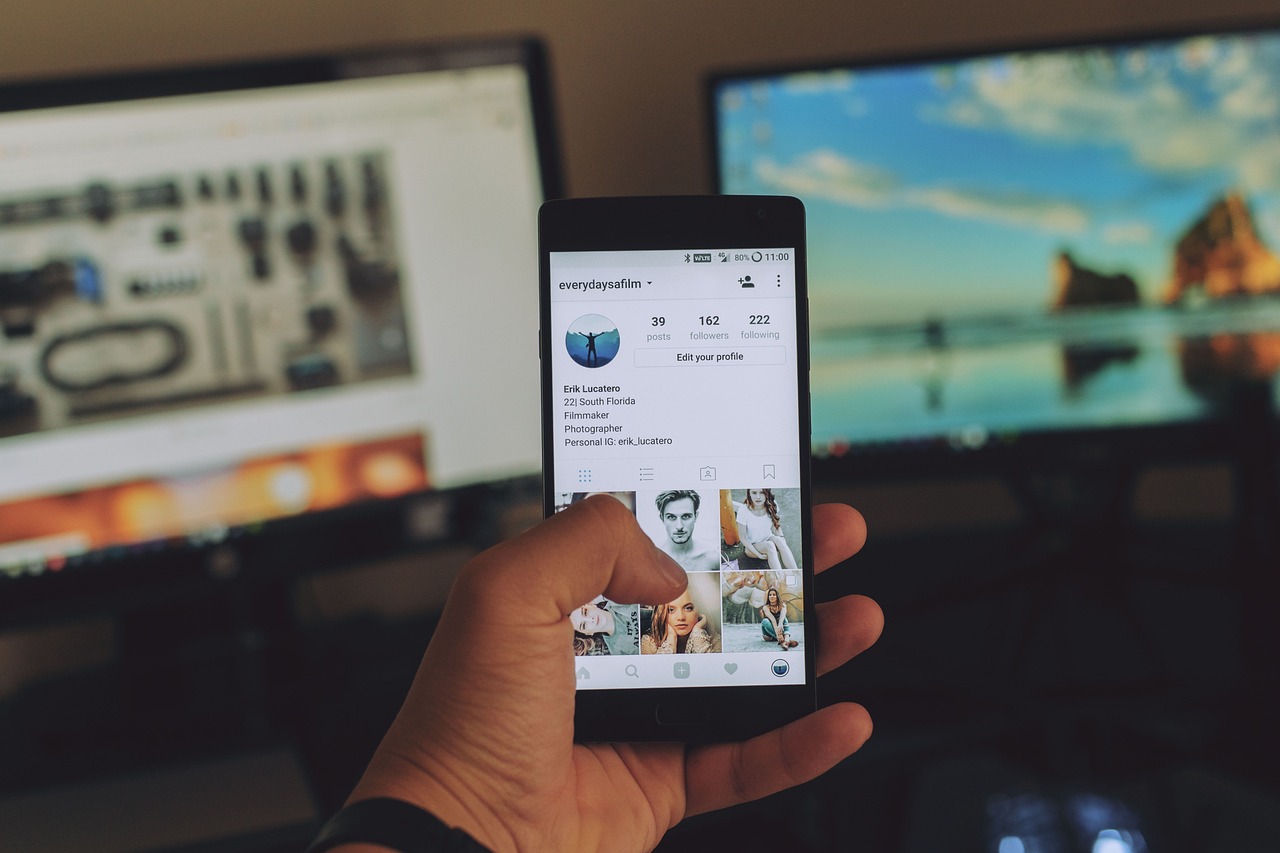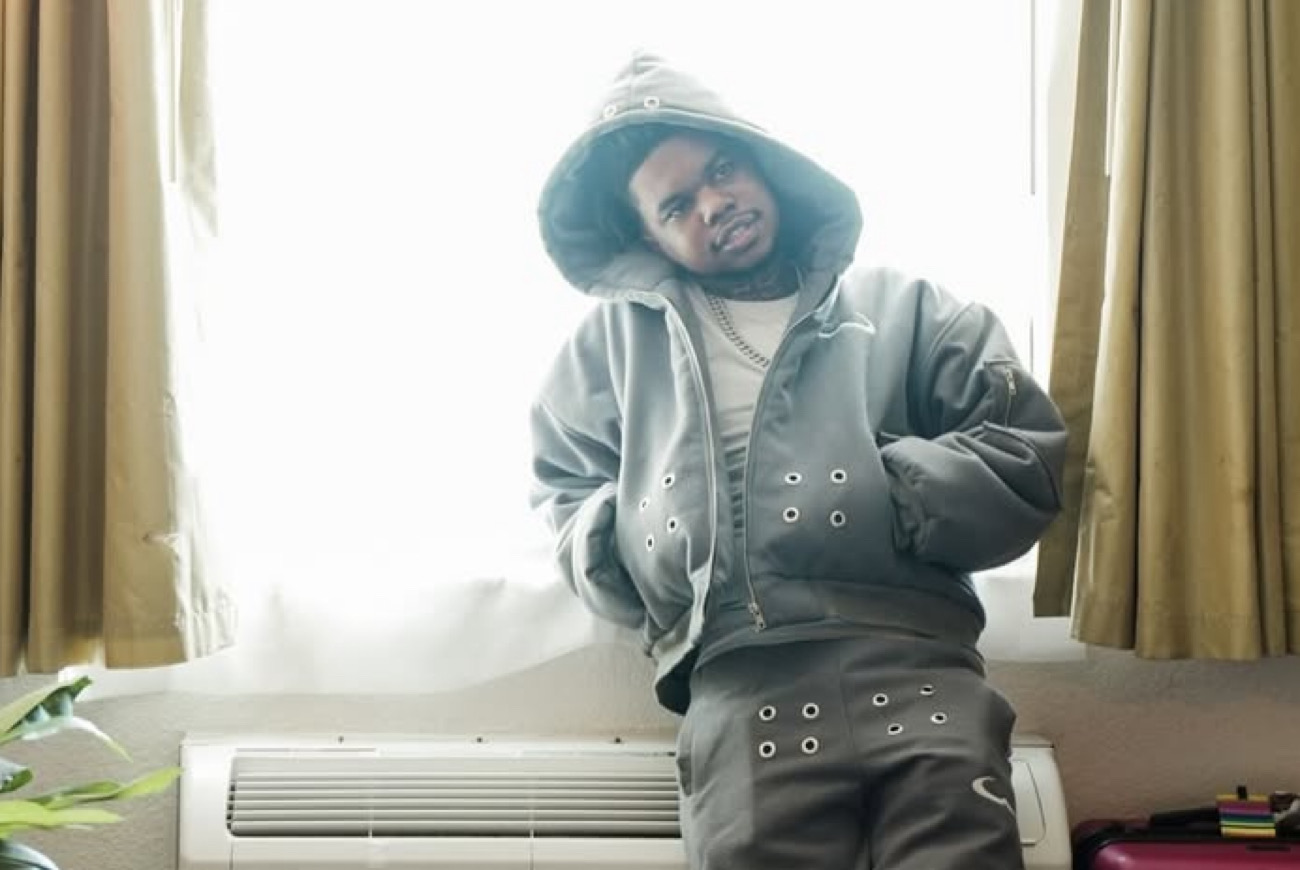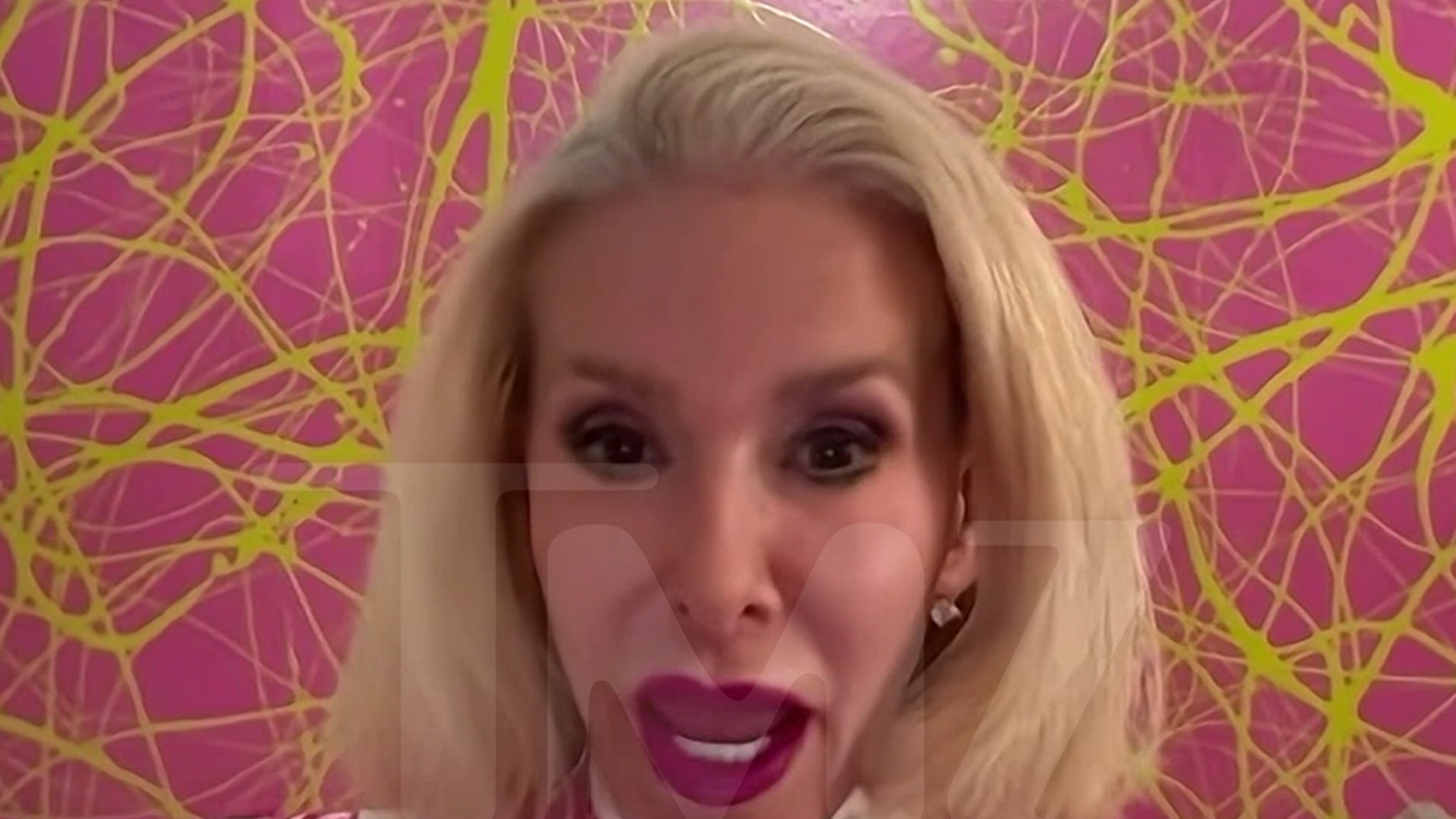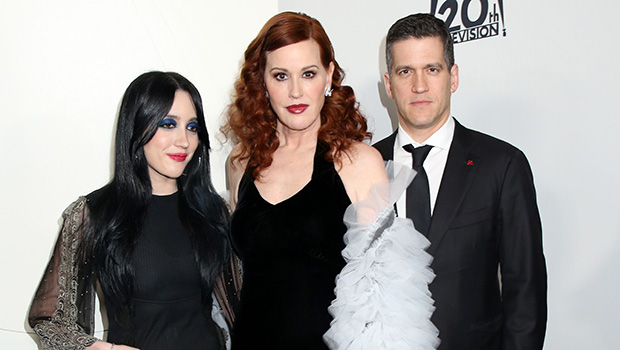On Wednesday, the Florida House passed a bill banning children under 16 from popular social media platforms, regardless of parental approval. The bill, which is the top priority for the House’s speaker, aims to address the addictive nature of these platforms and the potential harm they can cause to children.
RELATED STORIES: Anger Management Therapist In Florida Charged With Gunning Down Man In Street And Stuffing Body In Car Trunk
While the bill does not specify which platforms would be affected, it targets social media sites that track user activity, allow children to upload content and interact with others, and use features designed to encourage excessive or compulsive use. However, the bill would not impact apps used for private messaging between individuals. Republican Rep. Tyler Sirois, the sponsor of the bill, highlighted the exploitative nature of social media platforms, stating, “They’re taking advantage of kids growing up. That’s their business model, And why do they do it? To keep them hooked…with the dopamine hits, the platform gives our children every autoplay, like, and push notification.”
The bill received strong bipartisan support, with a vote of 106-13. Supporters argue that social media exposes children to bullying and sexual predators and can contribute to depression, suicide, and addictive behaviors, as reported by WREG. Democratic Rep. Michele Rayner shared her personal experience with online abuse, reading hateful comments she received on social media during the House floor session. She emphasized the impact cyberbullying has on young children, stating, “Imagine what our babies have to deal with when they have their friends in school doing the same cyberbullying to them.”
RELATED STORIES: Florida Woman’s Botched Dental Procedure Leaves Her With Brain Damage: Lawsuit Filed
Meta, the company that owns Facebook, Instagram, and other social media platforms, urged the House to consider alternative solutions, such as requiring parental approval for app downloads. They also advocated for federal regulation instead of a patchwork of state laws.
While other states have considered similar legislation, most have not proposed a complete ban. In Arkansas, a federal judge blocked the enforcement of a law that required parental consent for minors to create new social media accounts.
Republican House Speaker Paul Renner, who has championed the bill, believes it will withstand constitutional scrutiny as it targets the addictive features of social media rather than the content itself. Renner stated, “It’s a situation where kids can’t stay off the platforms, and as a result of that, they have been trapped in an environment that harms their mental health.”
If passed into law, the Florida bill would require social media companies to close accounts believed to be used by minors and to cancel accounts upon the request of a minor or their parents. Additionally, all information related to the account must be deleted.
Opponents of the bill argue that it infringes on the First Amendment rights of children and takes away the benefits that some children derive from social media. They believe parents should be responsible for making decisions about their children’s online activities. Democratic Rep. Anna Eskamani shared her personal experience, highlighting social media as a source of support and comfort after the death of her mother when she was 13. While acknowledging the concerns about social media’s impact on young people, she expressed reservations about the broad scope of the proposed solution and its potential unintended consequences.
“I think the intention of those who have filed (the bill) is absolutely golden. We have a concern about the impact of social media on our young people. I just find the solution that you propose too broad and casts a wide a net with unintended consequences.”







